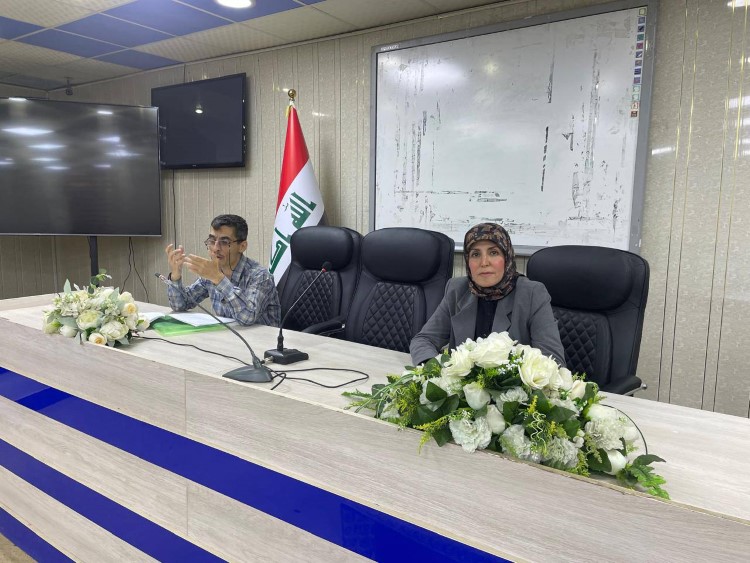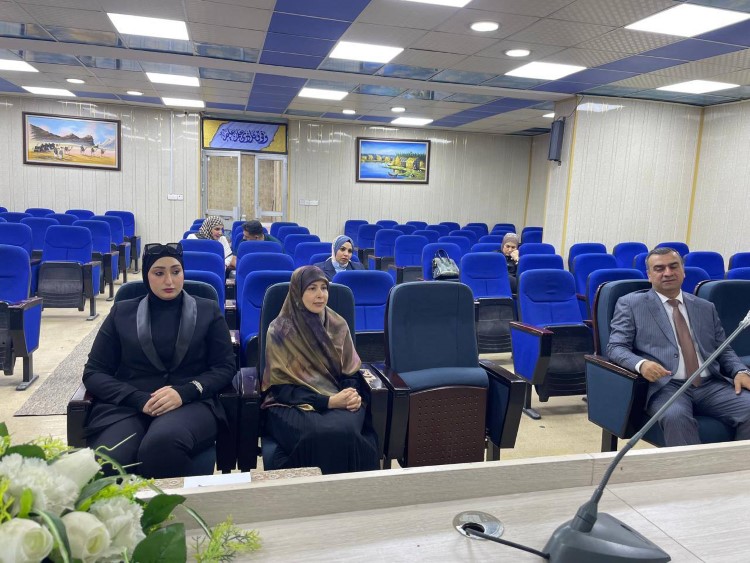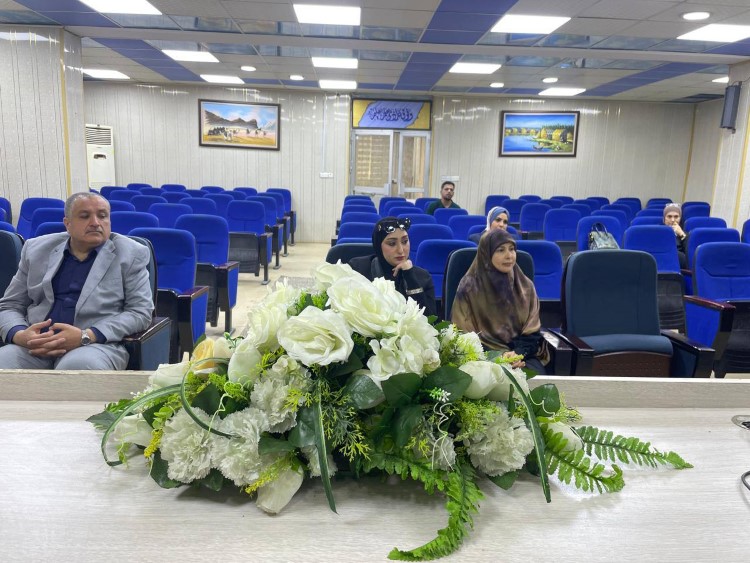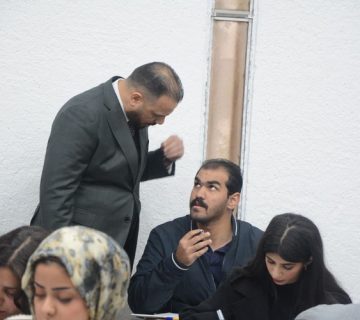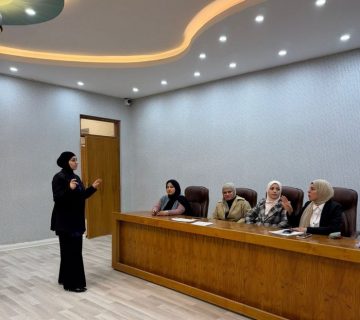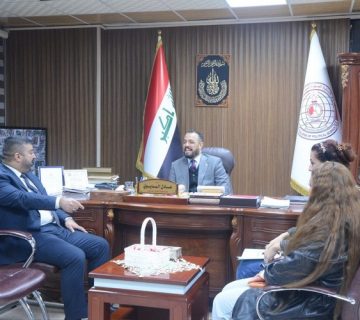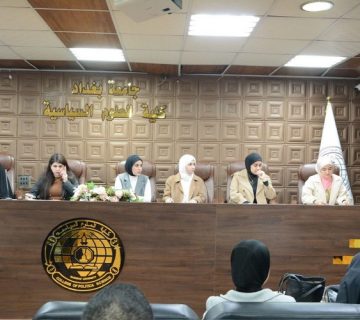The Department of Political Thought at the College of Political Science, University of Baghdad, organized a workshop titled “The Crimes of the Ba’ath Party and Their Contemporary Repercussions” under the patronage of the college’s dean.
A group of department lecturers highlighted that the workshop included a research paper titled “Sectarianism: A Political Analysis of the Failure of Non-Sectarian Alignment – Deep-Rooted Causes Behind the Collapse of Non-Sectarian Consciousness Projects in Islamic Societies.” The paper focused on the failure of such projects due to their excessive reliance on the political dimension without integrating social and intellectual dimensions. They explained that this analysis clearly applies to the experience of the Ba’ath Party in Iraq, which promoted nationalist slogans and official non-sectarian rhetoric but often engaged in sectarian practices cloaked in nationalist rhetoric. Under the former regime, the Ba’athist authority adopted marginalizing and repressive policies toward certain religious and sectarian groups, particularly Shia and Kurds, despite advocating slogans of national unity and a single Iraqi identity.
In conclusion, the workshop issued several recommendations, most notably:
1. Building a non-sectarian Islamic consciousness based on a triad of dimensions: political, social, and intellectual.
2. Reinterpreting Islamic jurisprudence and scholarship to transcend sectarian classifications, fostering a unifying intellectual framework.
3. Promoting social coexistence through religious edicts (fatwas) and jurisprudential stances that facilitate inter-sect relations in matters such as marriage, transactions, prayer, and other social interactions.
The recommendations emphasized the need to address historical injustices and create inclusive structures that reflect Iraq’s diverse societal fabric.
